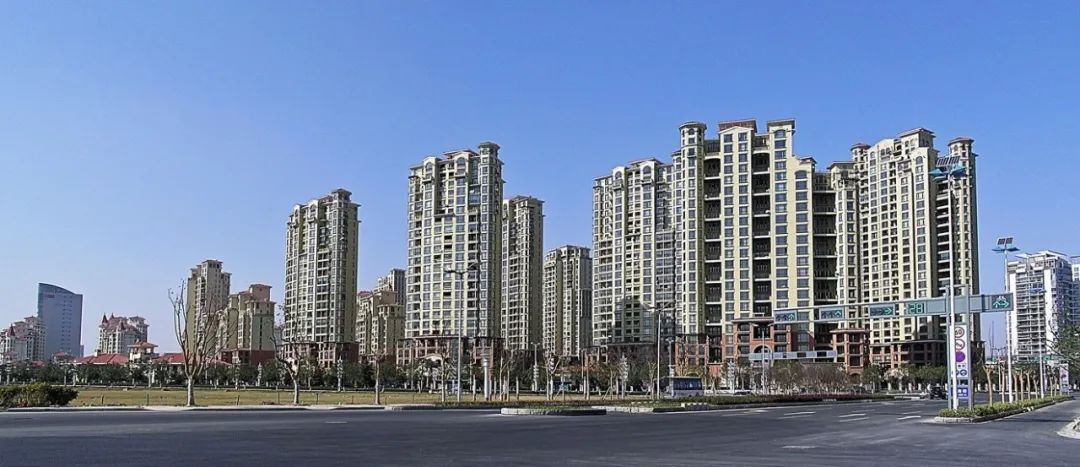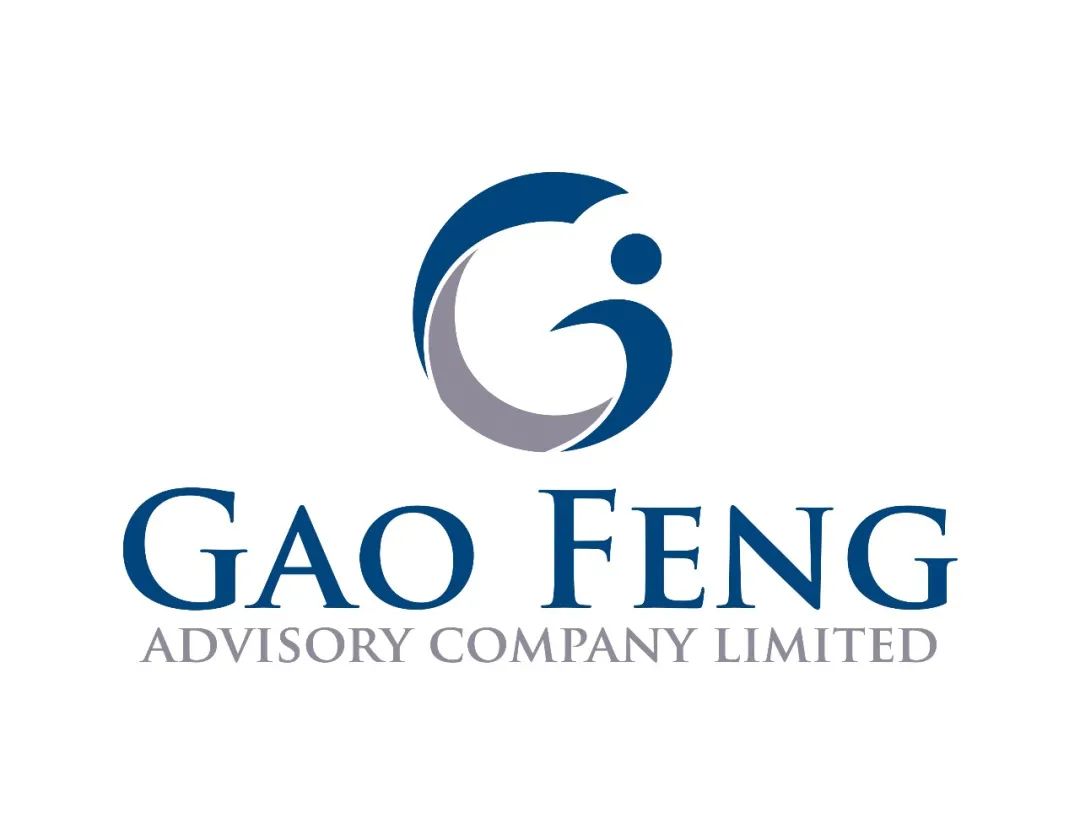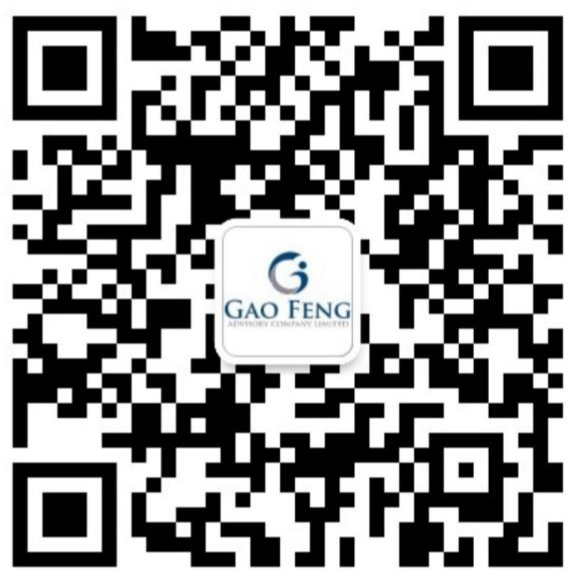The Possible New Role of Real Estate in Your China Strategy

By Jeff Lin, Edward Tse, Howard Lin and Melody Mao
August 2020
Introduction
Since China started reforms and opening up of its economy, numerous foreign companies have come to invest. According to the latest report published by the country’s Ministry of Commerce, by the end of 2018, there were a total of 961,000 foreign-invested companies in China and realized foreign direct investment (FDI) inflows reached US$ 2.1 Tn[1].
China’s growth story has evolved rapidly over the past few decades, and so have the strategies of foreign companies who have invested in China. Some have performed well and have increased their investment in China. Some others have not fared as well and some of these companies may have either pulled out or reduced some of their investments in China.
Initially, for quite some time, many foreign companies relied on their existing products and business models used in their home markets. They simply cut and pasted in China what they were doing in their home markets. However, as the China market continued to evolve, an increasingly large number of companies began to realize that a China-specific approach was essential to win. This is even more obvious from the perspective of the investment structure of foreign companies, which has been continuously optimized over the years. In the early days of reform and opening, foreign investment was concentrated in labor-intensive manufacturing industries. Nowadays, tech-enabled innovations in China have become important.
The Evolving Role of Real Estate for Foreign Companies in China
Over the course of the last several decades, foreign companies would buy various assets, especially different parcels of land, to build physical facilities on the ground. The most common purpose was to build corporate manufacturing facilities and other supporting facilities such as R&D labs and warehousing facilities.
Due to rapid urbanization, increasing demand for housing, and a general increase in income of the people as well as corporates, China has experienced a decades-long real estate boom. Average land prices in China’s major cities have more than quadrupled in the past two decades and urbanization has resulted in the changing use of a large number of parcels of land from "agricultural" or "industrial" land to "residential" land. An increase in land prices can often be substantial, bringing potentially huge additional economic benefits to foreign companies who invested in real estate years ago.
As foreign companies adjusted their strategies in tune with the steadily evolving structure of the Chinese economy, their real estate demand changed. For example, foreign companies have been transferring traditional labor-intensive supply chains from China to other countries, moving their businesses in China up in the value chain. Also, many of them have relocated industrial operations within China, due to urbanization of the original location. Some are also gradually moving towards asset-light business models, negating the original need for land.
However, monetizing real estate assets no longer required for the current business model is not a simple process for foreign companies. A client (a foreign company) of Gao Feng Advisory was recently looking to liquidate its real estate assets in China and we found that there are three areas of consideration for companies facing similar situations.

Source: Baidu
Firstly, the price of land varies dramatically with changes in the structure of the economy at national, as well as local levels. For example, in metropolitan areas, supply of land has become too scarce and local governments now emphasize urban renewal projects in their city planning. In response, real estate developers have also shifted their focus from the traditional model of developing projects on new land to renewing previously developed land. Due to these shifts in urban planning and real estate development, land prices have undergone tremendous changes. In some cases, the original price of industrial land can increase by ten-fold if the land is rezoned for residential purposes.
Many foreign companies bought land at relatively low prices decades ago and for them, the price of the land may have already increased many times due to urban development. The potential for rezoning can create significant additional economic benefits for them. However, they need to actively make the effort to have the land rezoned and this requires specific local expertise such as understanding the shifts in urban planning, maintaining a good relationship with the local governments, and cooperating with capable real estate developers or intermediary agencies to strengthen the feasibility of rezoning.
Secondly, finding the right buyer and then successfully completing the transaction with the buyer is crucial. This requires a comprehensive understanding of the local market as well as local connections. It is common for foreign companies to be unfamiliar with the pool of potential buyers as the real estate industry is a relatively traditional and local business in China. Oftentimes, a lot of information is not disclosed publicly, making it necessary to hold discussions in person with potential buyers. More often than not, it is best to be introduced by an intermediary trusted by both parties. At this stage, local connections are particularly important.
The regulatory mechanism for real estate transactions in China has not matured adequately. Therefore, the execution of real estate transactions can often be a long and complicated process, which most foreign companies aren’t familiar with. Various regions or even cities have different regulations, which are updated and revised from time to time. Foreign companies need to figure out whether a new regulation change would impact a real estate transaction and if so, how should they adjust, particularly in respect to their potential buyer pool.
Thirdly, China is very strict on foreign exchange management. Approval procedures for foreign remittances often turn out to be long and complicated. Thus, a major concern of foreign companies is potential transaction risks. This includes their ability to repatriate proceeds of a transaction within a reasonable timeframe, avoid unnecessary taxes, and minimize losses caused by exchange rate fluctuations over the course of the transaction. To maximize the value of the assets they want to dispose, foreign companies need to bring in the right expertise from the very beginning of a potential transaction.
A Different Play for the New Game
In response to the COVID-19 pandemic, the Chinese government has accelerated the pace of building the next generation of smart cities. This would be enabled by New Infrastructure, which has three aspects: new information-based infrastructure such as 5G and the Internet of Things (IoT); converged infrastructure supported by application of the internet, big data and artificial intelligence (AI), such as smart transportation and smart energy infrastructure; and innovative infrastructure that enables scientific research and development.
Building the future smart cities of China will require a coordinated effort from local governments and businesses with public-private partnerships (PPP) being the primary collaborative mode. Smart city PPP projects often involve special development areas, which are expected to become breeding grounds of innovation where key top-down initiatives like New Infrastructure are realized.
Some foreign companies have already shifted their China strategies in line with these new developments. Several of the world's leading technology companies have leveraged their technology-related capabilities in actively cooperating with local governments to promote smart city PPP projects. For example, since 2017, an American conglomerate, specializing in high-technology products and services, has collaborated with one of China's leading real estate developers and a local government to jointly launch a PPP project in a key city in southern China, aiming to build a leading example of a "smart city". This PPP project was a special development zone which attracted more than 30 enterprises to settle in the zone and will generate about RMB 500 Mn (US$ 72 Mn) in tax revenue.
This has been a win-win project for all parties. The local government has benefitted from the success of the foreign company in innovations such as cloud computing, big data, and smart manufacturing as that has supported construction of the smart city and is helping local enterprises and industries to upgrade and transform via digitalization. The foreign company, on the other hand, has received orders worth billions of RMB from the local government for communication and data storage equipment. Additionally, the foreign company has used this zone as an incubation base to further develop its capabilities with numerous partners, as well as leverage the mature manufacturing industrial clusters in the area.
The fast-changing environment of China requires businesses to respond quickly and adaptively. The transformation of the real estate market in China means it is crucial for foreign companies, which have invested heavily in real estate assets, to recalibrate their China strategies. For those who are looking to dispose assets to either withdraw or to reinvest in China, a successful transaction involves a combination of deep insights into the local market, expertise in real estate trends in the specific area, abundant local connections and the ability to manage the transaction risks. More often than not, foreign companies find themselves turning to external parties to assist in the process.
Conversely, there are foreign companies now considering how to enter the real estate sector in China, using it as a tool to help them participate in the development of New Infrastructure and the next generation of smart cities. In this aspect, foreign companies need to have an understanding of what kind of roles they can play and what capabilities they can leverage as they establish collaborations with local companies and local governments.
Reference:
1. Statistical bulletin of FDI in China (2019, December 26). Ministry of Commerce of the People’s Republic of China. Retrieved July 31, 2020, from http://www.mofcom.gov.cn/
About the Authors
Jeff Lin is a Managing Director at Gao Feng Advisory Company. He also founded Smart Republic, a cross-industry platform to promote the strategic cooperation of advanced industries and real estate. He is the co-founding Vice Chairman of the Smart and Healthy Home Branch Association under the Chinese Medical Information and Big Data Association. Mr. Lin graduated from the University of Chicago with an MBA. He was previously the Vice President and Chief Strategy Officer of Country Garden Holdings, a Fortunate 500 with real estate-related revenue of over US$ 90B. Before Country Garden, he spent over 25 years in senior positions in various international consultancies and investment corporations, including The Boston Consulting Group, Booz Allen Hamilton, Roland Berger, OC&C, and Dasym Asia (previously SBG). He provided investment and strategy consultancy services for more than 20 Global 500 enterprises and over 20 VC/PE funds. He has been focusing on areas including TMT, Real Estate, Healthcare, Investment, etc.
Edward Tse is founder and CEO, Gao Feng Advisory Company, a founding Governor of Hong Kong Institution for International Finance and Adjunct Professor, School of Business Administration, Chinese University of Hong Kong. One of the pioneers in China’s management consulting industry, he built and ran the Greater China operations of two leading international management consulting firms (BCG and Booz) for a period of 20 years. He has consulted to hundreds of companies, investors, start-ups, and public-sector organizations (both headquartered in and outside of China) on all critical aspects of business in China and China for the world. He also consulted to a number of Chinese local governments on strategies, state-owned enterprise reform and Chinese companies going overseas, as well as to the World Bank and the Asian Development Bank. He is the author of several hundred articles and four books including both award-winning The China Strategy (2010) and China’s Disruptors (2015) (Chinese version «创业家精神»).
Howard Lin is a Project Manager at Gao Feng Advisory Company and the Deputy General Manager at Smart Republic Company. He is a previous real estate professional who has various experiences in smart city collaboration with high-tech companies. He is focusing on new technologies, tele healthcare and real estate research.
Melody Mao is a Consultant at Gao Feng Advisory Company based in Shanghai. She has provided consulting services to both multinational and local clients, and she is experienced in the real estate, technology, and healthcare sectors, focusing on growth strategy, new market entry and business model development.


Gao Feng Advisory
Gao Feng Advisory Company is a professional strategy and management consulting firm with roots in China coupled with global vision, capabilities, and a broad resources network
Wechat Official Account:Gaofengadv
Shanghai Office
Tel: +86 021-63339611
Fax: +86 021-63267808
Hong Kong Office
Tel: +852 39598856
Fax: +852 25883499
Beijing Office
Tel: +86 010-84418422
Fax: +86 010-84418423
E-Mail: info@gaofengadv.com
Website: www.gaofengadv.com
Weibo: 高风咨询公司
